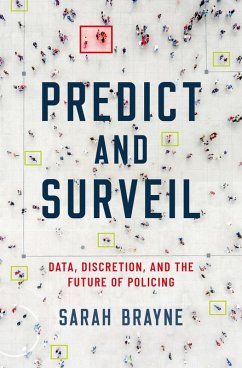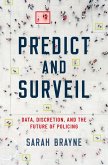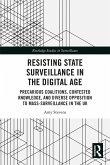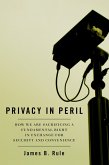The scope of criminal justice surveillance has expanded rapidly in recent decades. At the same time, the use of big data has spread across a range of fields, including finance, politics, healthcare, and marketing. While law enforcement's use of big data is hotly contested, very little is known about how the police actually use it in daily operations and with what consequences. In
Predict and Surveil, Sarah Brayne offers an unprecedented, inside look at how police use big data and new surveillance technologies, leveraging on-the-ground fieldwork with one of the most technologically advanced law enforcement agencies in the world-the Los Angeles Police Department. Drawing on original interviews and ethnographic observations, Brayne examines the causes and consequences of algorithmic control. She reveals how the police use predictive analytics to deploy resources, identify suspects, and conduct investigations; how the adoption of big data analytics transforms police organizational practices; and how the police themselves respond to these new data-intensive practices. Although big data analytics holds potential to reduce bias and increase efficiency, Brayne argues that it also reproduces and deepens existing patterns of social inequality, threatens privacy, and challenges civil liberties. A groundbreaking examination of the growing role of the private sector in public policing, this book challenges the way we think about the data-heavy supervision law enforcement increasingly imposes upon civilians in the name of objectivity, efficiency, and public safety.
Dieser Download kann aus rechtlichen Gründen nur mit Rechnungsadresse in A, B, BG, CY, CZ, D, DK, EW, E, FIN, F, GR, HR, H, IRL, I, LT, L, LR, M, NL, PL, P, R, S, SLO, SK ausgeliefert werden.









